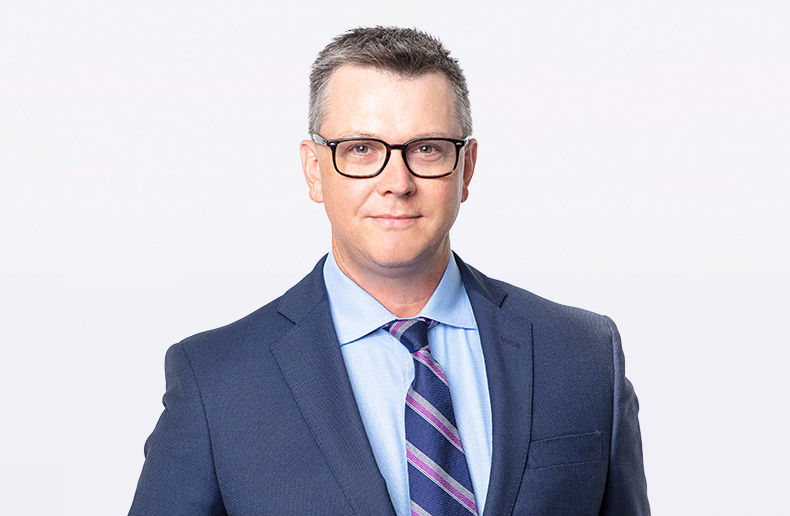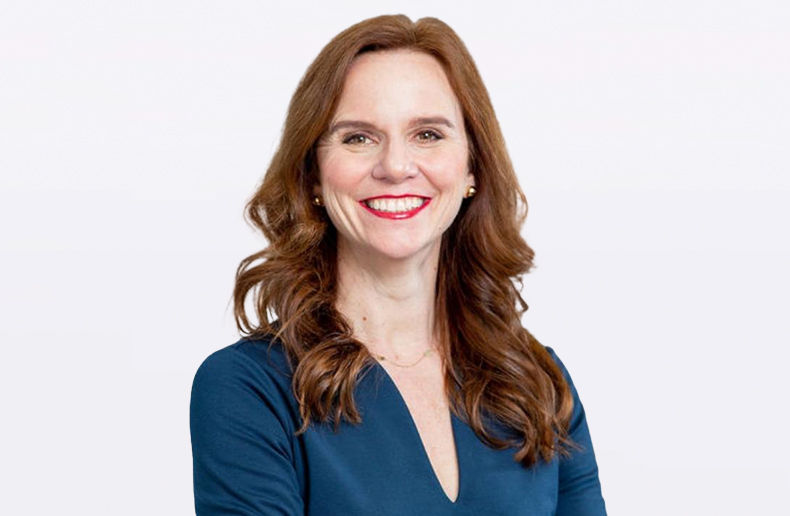Insurance for high net worth clients regains momentum despite social distancing
By
Alain Thériault
|
April 28, 2021, 10 a.m.

Photo: Freepik | wayhomestudio
MGAs sum up the situation for Insurance Journal.
This article is reserved to PRO Level subscribers
Discover the PRO Level
Already subscribed? Sign in >
Advertisement
The most popular in Life Insurance
Make your business shine with Visibility360!
Get a PDF version to share in your networks.
I'm interestedHeadlines
Advertisement
Related topics …





















